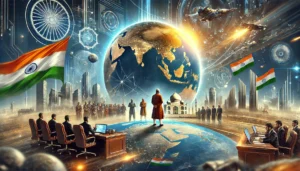Due Process of Law: A Comparative Analysis with the Procedure Established by Law in India and the United States
Introduction The concept of “Due Process of Law” is a fundamental principle in legal systems that ensures the fair treatment of individuals under the law. It acts as a safeguard against arbitrary denial of life, liberty, or property by the government. Originating from the Magna Carta (1215), this principle has evolved significantly, becoming an essential […]
